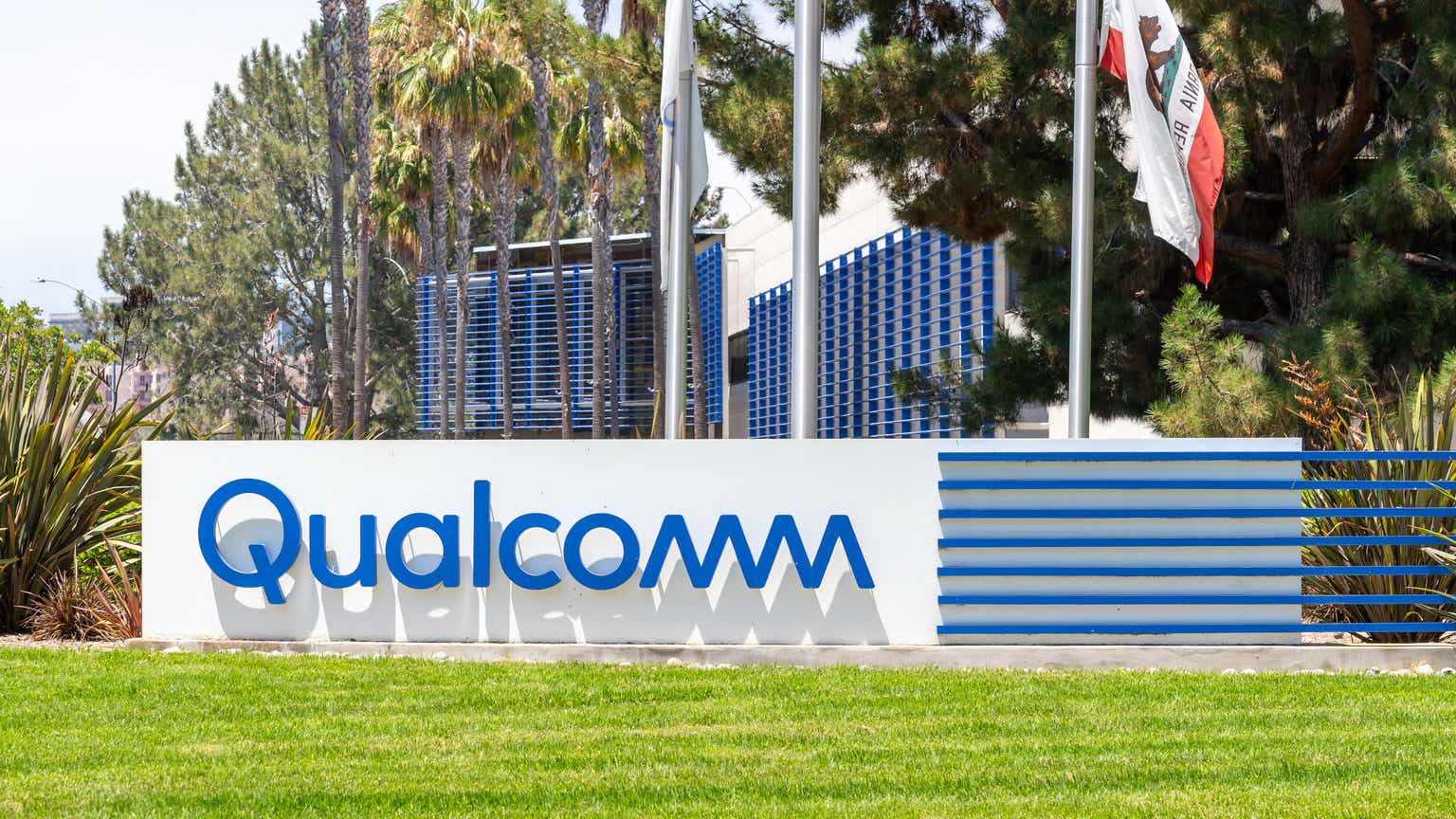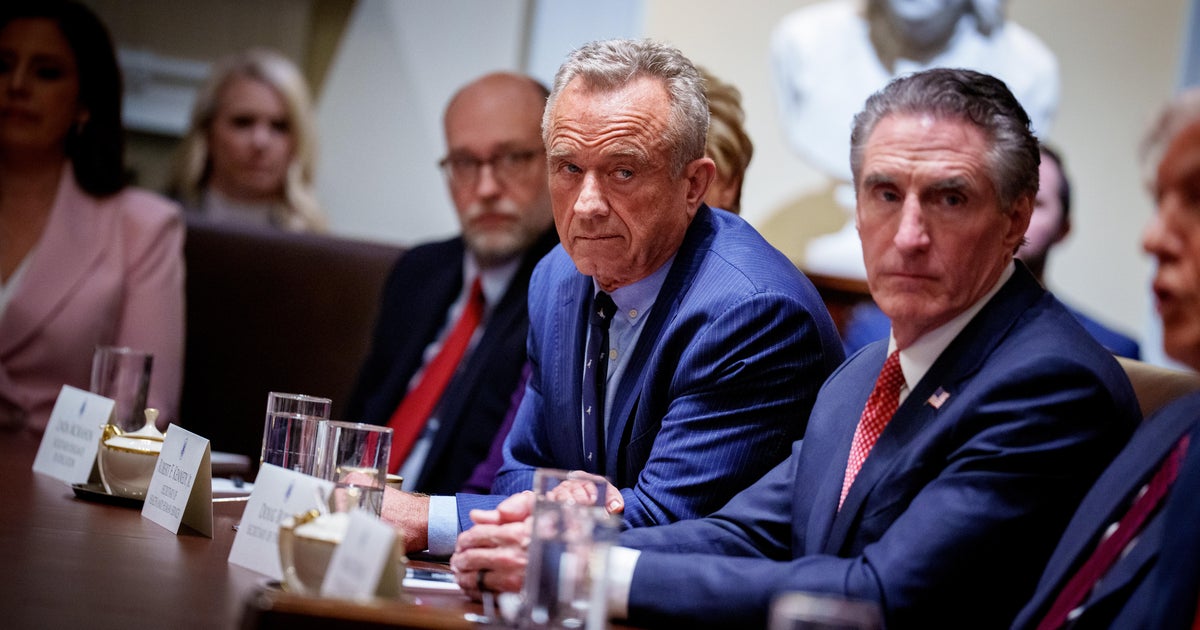President Donald Trump is set to unveil a series of reciprocal tariffs on global trading partners during a “Liberation Day” ceremony at the White House Rose Garden. Trump has hailed these tariffs as a necessary move to restore fairness to international trade, reduce America’s reliance on foreign goods, and boost U.S. manufacturing. However, many of his allies, including prominent Republicans, are expressing deep concerns about the short-term economic pain these tariffs could bring.
Trump’s acknowledgment of short-term disruptions has done little to calm concerns. Many economists are forecasting higher prices for consumers and a potential recession, undermining the president’s promise that the tariffs will benefit the U.S. economy in the long term. Goldman Sachs recently raised the likelihood of a U.S. recession within the next 12 months, citing waning consumer and business confidence, alongside White House statements suggesting a willingness to tolerate economic weakness in pursuit of Trump’s broader policy goals.
Some of Trump’s allies are growing increasingly uneasy. “We’ll have to see if it works,” said Sen. John Hoeven (R-N.D.). White House officials, particularly those involved in trade policy, have faced mounting pressure to reassure lawmakers and the public that the tariffs are a calculated risk worth taking. However, many are frustrated with what they see as insufficient information about the full economic impact of the tariffs.
Sen. John Kennedy (R-La.) offered a blunt assessment of Trump’s strategy, cautioning that the short-term consequences could be severe and suggested that by the time any positive results materialize, we might all be dead.
“In the long run, it will probably work. The problem is that in the long run we’re all dead, and so the short run matters,” Kennedy said, capturing the growing skepticism within his own party about the potential economic fallout.
In the manufacturing sector, concerns are already manifesting. The latest survey from the Institute for Supply Management revealed that manufacturing activity, which had been recovering, is now beginning to shrink again. Tim Fiore, who chairs the ISM’s manufacturing survey committee, noted that businesses are increasingly focused on who will bear the costs of the tariffs, slowing down orders and negotiations.
The economic impact is also reflected in consumer sentiment. The University of Michigan’s Consumer Sentiment Index showed a sharp drop in March, signaling that Americans are becoming more uneasy about their financial futures. Stock market volatility, with the S&P 500 down about 3% from a week ago, has added to the growing anxiety, leaving many Americans questioning whether the long-term benefits of the tariffs will outweigh the immediate financial pain.
Despite these warning signs, Trump remains confident that the tariffs will ultimately help the U.S. economy, arguing that short-term sacrifices are necessary for long-term gains. White House Press Secretary Karoline Leavitt maintained that “it is going to work,” and that Americans should trust the president’s trade team. However, many are skeptical, especially as the stock market continues to decline and consumer confidence remains low.
Kennedy’s concerns highlight a growing divide within the Republican Party. While Trump’s protectionist approach has become a defining feature of his administration, some conservatives, like Kennedy, are pushing for a reduction in tariffs, arguing that free trade would be more beneficial for American consumers and businesses. “Zero tariffs,” Kennedy said, advocating for a world where companies could compete freely without the burden of trade barriers.
This internal division is on display in Congress, where some Republicans continue to back Trump’s tariffs, while others are urging for more moderate policies. The debate is also playing out in the broader political landscape, with Senate Democrats, including Sen. Tim Kaine (D-Va.), pushing for a vote to roll back certain tariffs, such as the 25% levy on Canadian goods. Democrats are hoping to capitalize on the uncertainty and fractures within the GOP to challenge the president’s trade policies.
Internationally, the response has been one of cautious resignation. A European diplomat, speaking anonymously, noted that while the European Union regrets the U.S. decision, it is preparing for the impact. “The EU regrets the actions the U.S. will take tomorrow,” the diplomat said, but added that Europe is ready to respond.
As the administration moves forward with its tariff plan, the political and economic consequences remain unclear. While Trump insists that the long-term benefits will justify the short-term disruptions, the concerns raised by economists, Republicans, and consumers suggest that the immediate costs may outweigh the potential future gains. As Sen. Kennedy so succinctly put it, “In the long run, we’re all dead, and so the short run matters.”














